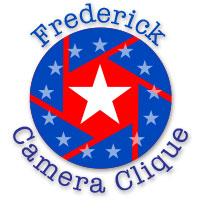Photographer Mary Louise Ravese has fine art photography in private, university and corporate collections in over 40 states and is exhibited nationally through art shows, galleries and shops. Her images have been used in calendars, magazines, books and websites including various projects with National Geographic Maps.
For over 20 years, Mary Louise has specialized in outdoor color photography from locations across the U.S., Europe and Japan. Her favorite subject matter includes country landscapes, nature close-ups, interesting architectural details and wildlife. She draws inspiration from a variety of visual arts to produce photographs often described as “painterly”.
Her photographs are about intriguing juxtapositions of vibrant colors, distinctive shapes, and unique textures. Through her photography Mary Louise aims to capture the essence of the natural world in color, form and spirit. She enjoys capturing fleeting moments of beauty or drama that might otherwise be lost. Her ambition is to incorporate the beauty of painting in the clarity of photography.
Her photographs are created using both film and digital equipment. In the digital world where software programs offer vast possibilities for altering reality, Mary Louise’s philosophy regarding her own work is that it is important to stay true to nature. She does not digitally manipulate her photographs to generate unrealistic images and instead takes the time and care to produce the best "in camera" images possible.



